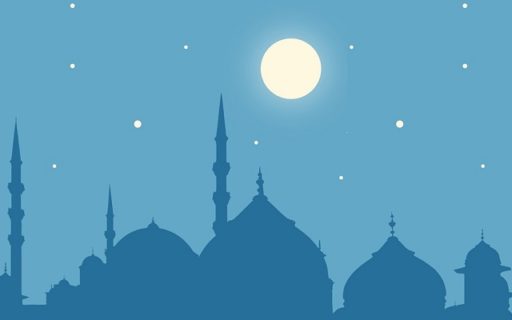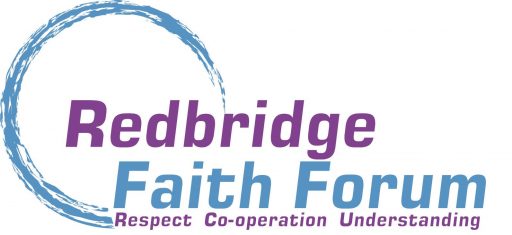Faith Festivals… Ramadan 1st/2nd March 2025

What Ramadan means to me...
by Mohamed Omer, Muslim representative & Chair of Redbridge Faith Forum
Ramadan is the ninth month of the Islamic calendar and Muslims believe that it is during this month that God revealed the first verses of the Quran to the Prophet Muhammad (peace be upon him).
Muslims see this month as a time for reflection and self-purification, and abstain from certain pleasures in life, including food and drink, from sunrise to sunset. While fasting during Ramadan is one of the five pillars in Islam and is compulsory, there are exceptions, such as young children, those who are unwell and pregnant women.
In addition to abstinence from food and drink, there are other actions that Muslims carry out during this month. These actions include:
- Charity – Many Muslims discharge their obligatory charity (Zakat) during this month; increased charity, Muslims develop feelings of generosity and goodwill toward others. The Prophet Muhammad (peace be upon him) once said, "A man's wealth is never diminished by charity."
- Performance of supererogatory nightly prayers;
- An increase in the recitation of the Quran;
- Engaging in optional good deeds and abstaining from actions considered sins.
- fasting Muslims experiences hunger and thirst, and sympathise with those in the world who have little to eat every day.
- increased devotion, Muslims feel closer to their Creator and recognize that everything we have in this life is a blessing from Him.
- self-control, Muslims practice good manners, good speech, and good habits.
- changing routines, Muslims have a chance to establish a healthier lifestyle -- particularly with regards to diet and smoking.
The length of time that Muslims fast depends on the location and season, with fasting hours varying from eight to nineteen hours. This year, Muslims in the UK will be fasting for nineteen hours.
During Ramadan, Muslims wake up to partake in Suhoor - a meal just before dawn. Once dawn breaks, Muslims are considered to be in the state of fasting until sunset. At sunset, Muslims will break their fast, typically with dates and water. This is called Iftar (the breaking of the fast) and is usually followed by a meal. Breaking the fast at sunset is an occasion for family, friends and the community to come together.
Ramadan is a very special time for Muslims, but the feelings and lessons we experience should stay with us throughout the year. In the Qur'an, Muslims are commanded to fast so that they may "learn self-restraint" (Qur'an 2:183). This restraint and devotion is especially felt during this month, but we all must strive to make the feelings and attitudes stay with us during our "normal" lives.
Let us not forget those who are facing starvation and conflict and those who are homeless. Help them materially and if you are unable to, at least pray for them that may the Almighty protect them and end their hunger and may the conflict in the world end so that mankind can live in peace and harmony.
The end of Ramadan is based on the sighting of the new moon and is marked by Eid-ul-Fitr, the Festival of the Breaking of the Fast. It's one of the two major holidays in the Islamic year and is celebrated with an extra prayer, as well as visiting family and friends, feasting and gift giving.
Click here to view your Eco Guide to Ramadan
Click here to view ‘Ramadan Guide for Employers’ that has been created by Muslim Friendly Employers (MFE). It provides guidance on ways to support Muslim colleagues at work during Ramadan.
Mohamed is one of our Muslim representatives and serves as Chair of Redbridge Faith Forum. He has been a resident of Redbridge since 1989 and is involved with a number of community projects:-
Chair of Oaks Park High School –the only PFI school in the Borough
Trustee of Haven House Children’s Hospice
Director of Big Issue Invest

